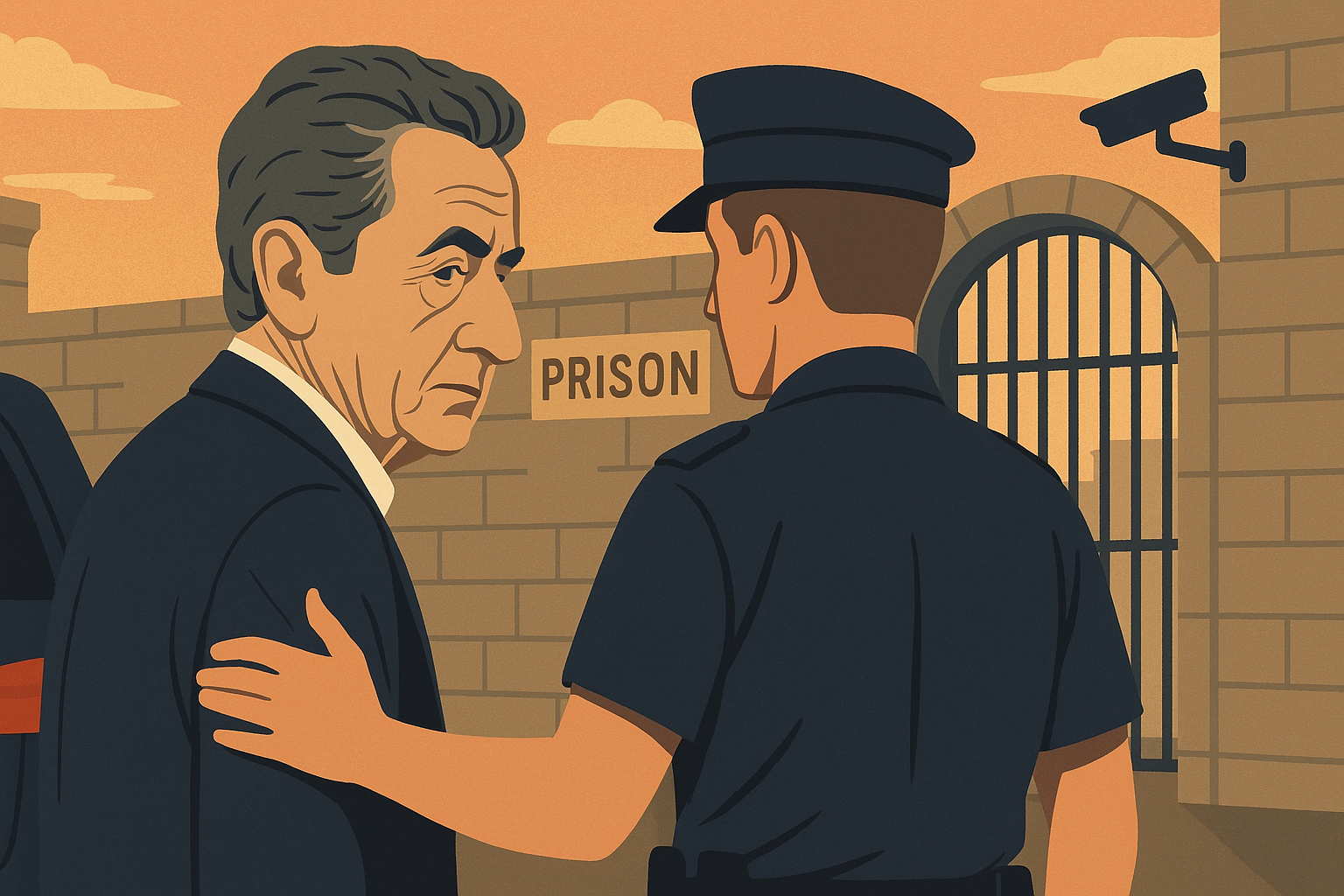A new study by the Energy and Climate Intelligence Unit (ECIU) reveals that just five basic food items — butter, milk, beef, chocolate, and coffee — are responsible for nearly 40% of the rise in UK food prices over the past year. The report points to climate change, not government policy, as the key force behind escalating grocery costs.
According to the findings, prices for these staples surged by an average of 15.6% in the year to August, compared with 2.8% for other foods. This contrasts with the narrative from industry groups that attribute high grocery prices to domestic policy shifts such as the national living wage increase and higher employer insurance contributions.
“Food inflation is being driven by a handful of products,” said Christian Jaccarini, author of the report. “It’s not broad-based, so it’s unlikely that labour or production costs are the main factor.”
Climate Change: The Core Driver
Extreme weather patterns have disrupted global supply chains and production. Droughts and floods in West Africa have devastated cocoa crops, tripling prices in three years. Similarly, coffee harvests in Brazil and Vietnam have been hit by prolonged dry spells.
Within the UK, erratic weather has damaged pastures essential for dairy and beef cattle, forcing farmers to rely on expensive feed. Additionally, bluetongue disease outbreaks in northern Europe have further increased costs.
The Bank of England expects food price growth to peak at 5.5% by the end of the year, warning that climate-induced weather extremes are now a significant factor in inflation.
Broader Economic Impact
Food and non-alcoholic drink prices rose 5.1% in the year to August, the second-largest contributor to overall inflation after housing and energy. This rate surpasses France’s 1.9% and Germany’s 3.2% food inflation levels.
The UK imports around 40% of its food, leaving it highly exposed to climate disruptions abroad. While farming groups advocate for boosting domestic production, experts say that even local agriculture is struggling with climate-related challenges.
“British agriculture has been on a roller-coaster ride,” Jaccarini said. “It’s battling to maintain production in the face of climate extremes.”
The Inflation Breakdown
- Beef: +25%
- Butter: +19%
- Whole milk: +13%
These increases alone added nearly two percentage points to overall food and drink inflation — roughly four times the impact of other products.
Labour and Supply Chain Strains
The UK’s largest dairy producer, Arla, reported that 84% of its 1,900 farmers faced severe difficulties in hiring qualified staff, adding further strain to production.
While business groups blame regulation and labour shortages, the ECIU maintains that the climate crisis is the main factor reshaping the cost of food in Britain.
In summary: Climate volatility has made key food items — from the morning coffee to everyday dairy products — the central drivers of UK food inflation, underscoring the far-reaching economic impact of a warming planet.








